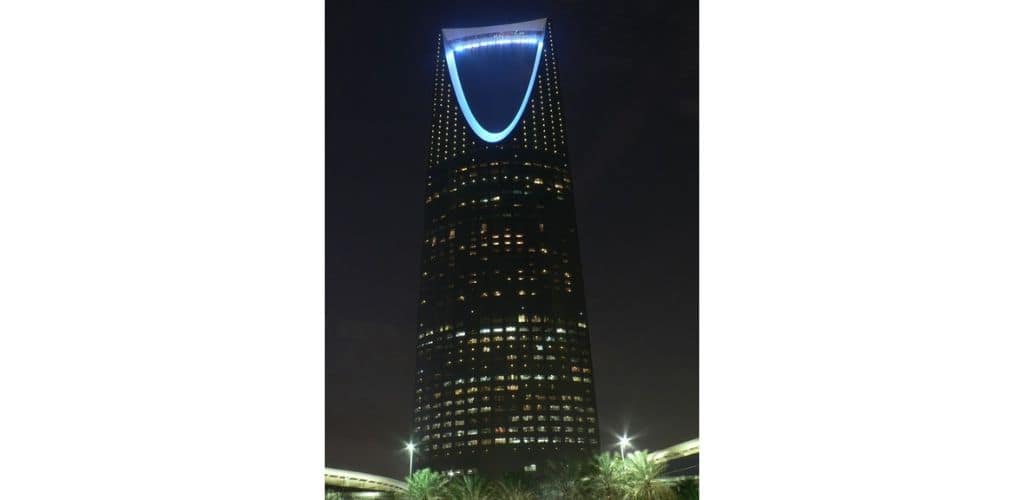Member states of the World Intellectual Property Organization (WIPO) have approved the Riyadh Design Law Treaty.
The treaty is designed to “make it easier, faster and more affordable for designers the world over to protect their designs both at home and abroad.”
As WIPO explains,
Today, the process for protecting designs varies from one country to another. In some countries, designs are filed as “registered designs.” Registration systems may involve the examination of design applications by the IP office, involving procedures that vary from country to country. In other jurisdictions, designs are protected under patent law as “design patents,” which are usually only granted after a thorough examination of the design application by the IP office.
In the US, “Design patents” cover the decorative shapes and surface decorations of items, rather than their functional aspects. Famous design patents include those for the rounded edges of the Apple iPad, the curvy shape of the original Coca-Cola bottle, and the Statue of Liberty.
As WIPO notes,
Because design rights are territorial and thus limited to the country or region in which protection was obtained, designers must go through the same process in each country or region where they wish to protect their designs.
The new Riyadh Treaty is intended to help to make the framework for design protection procedures more predictable and to make the procedures less complex and more affordable, so that it will be easier for designers to file applications in different jurisdictions.
The Treaty is intended to do the following:
- set a maximum list of indications or elements that designers must submit with an application. Establishing a closed list of elements will help to create a predictable framework for design protection procedures: designers wishing to file an application will know exactly what indications or elements may be required.
- allow applicants to choose how they represent the design in an application (drawings, photographs or, if admitted by the IP office, video).
- allow applicants to include several designs in a single application, under certain conditions.
- set out requirements for the granting of a filing date. Keeping the list of filing-date requirements for design applications to a minimum is crucial because, in the field of design, postponing the filing date can result in a definitive loss of rights.
- provide for a grace period of 12 months following a first disclosure of the design, during which such disclosure will not affect its validity for registration.
- allow applicants to keep their designs unpublished for at least six months after having secured a filing date.
- provide relief measures and offer some flexibility to applicants to prevent them from losing their rights if they miss a deadline. Without such measures, missing a time limit generally results in a loss of rights. In the case of designs, that loss is irreparable.
- simplify the procedure for requesting the renewal of a design registration.
- furthers the introduction of e-filing systems for designs and the electronic exchange of priority documents.
According to WIPO Director General Daren Tang,
The process of negotiations allowed us to really engage on a topic which WIPO had not put at the center of our work for some time – that of designs and designers and the gift they have in using color, form, shape, beauty and aesthetics to delight our senses, enrich our lives, promote our heritage and transform our culture.
WIPO is “the United Nations agency that serves the world’s innovators and creators, ensuring that their ideas travel safely to the market and improve lives everywhere.”
WIPO has 193 member states. 190 of the UN Members (including the United States) as well as the Holy See (Vatican), Niue (a self-governing island in association with New Zealand), and the Cook Islands are members of WIPO.
Just like the haiku above, we like to keep our posts short and sweet. Hopefully, you found this bite-sized information helpful. If you would like more information, please do not hesitate to contact us here.


